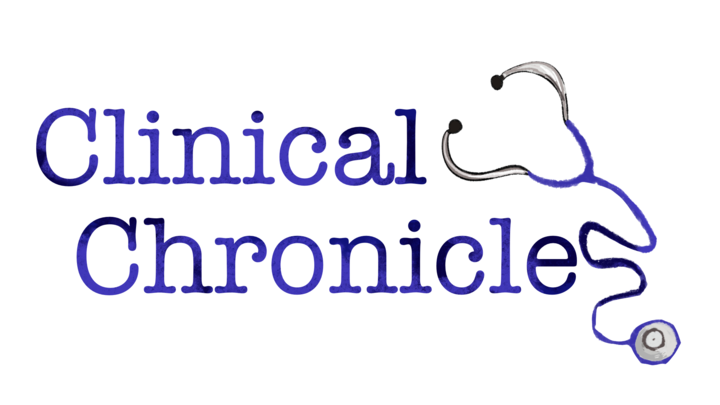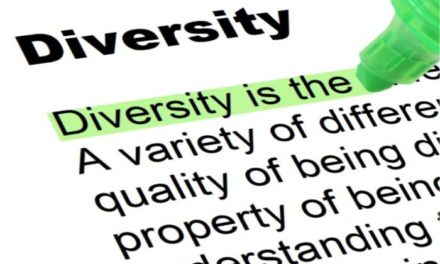
Ha-Tien Nguyen/Podcast Editor
Adam Nash was born on Aug. 29, 2000. Immediately after his birth, blood from his umbilical cord was collected to be given to his sister, Molly Nash. His cord blood boosted her low platelet counts caused by Fanconi anemia, a genetically inherited disease primarily affecting bone marrow. In order for Molly to have a successful bone marrow transplant, her parents chose to conceive Adam through embryo selection following in vitro fertilization. This story was the first ever documented case of a “savior sibling.”
A savior sibling is a younger child who is born to be a medical donor to their older sibling with a fatal disease. Although this has the potential to save many lives, the concept of savior siblings poses a unique ethical conundrum for many families, prompting an ongoing debate in the medical community about the ethical concerns of a savior sibling. Considering these factors, the medical community must allocate more research and technological advances in defining the ethics of conceiving savior siblings as a viable form of medical treatment, focusing also on the mental health of savior siblings.
The use of this medical treatment more often than not results in a slippery slope of ethical responsibility that leads to increasingly complex dilemmas. Currently, savior siblings are used primarily for bone marrow transplants. If scientists isolate specific genes using this technology for traits such as hair color or intelligence, then what would stop their parents from also choosing specific traits for their child? Choosing favorable traits for your child is the art of creating a designer baby, which crosses the many moral and ethical lines. The possibility of creating designer babies has been a large concern in the medical community, and the use of savior siblings would allow parents to choose specific, superficial traits for their children.
Moreover, the mental welfare of the child becomes an ethical concern. A savior sibling may feel their only purpose is to serve the needs of the terminally ill sibling. Considering that savior siblings cannot consent to the procedures being done, only the wishes of the parents are truly expressed. As they grow older, the savior sibling may feel pressured by their parents and family to continue giving consent to procedures. Because this will naturally instill feelings of depression and lack of self-worth in the child, the medical community must reconsider if the savior sibling’s treatment is worth the cost of the bundle of ethical concerns.
This allows us to explore the psychological impact that savior siblings can face. In addition to developing feelings of being unwanted, parents may value and nurture the savior sibling less compared to the first child. According to a 2013 Wake Forest University study, savior siblings reported lower self-esteem than their peers and one-third of all the siblings had severe post-traumatic stress disorder. Being a savior sibling can lead to deep psychological problems during such formative years, which can progress into greater problems as they develop into adulthood. Even if a savior sibling learns they were conceived for the primary purpose of helping their sibling, a non-savior sibling who was unable to donate tissue may feel a larger disappointment because they were unable to save the life of their sibling. Considering these research findings, it is clear the psychological state of a savior sibling is a huge factor in the array of ethical implications and poses a huge obstacle to the continuation of this treatment.
A multitude of perspectives has been considered in order to distinguish whether the concept of savior siblings is ethical. It is difficult to only argue “yes” or “no” to this particular issue, which can save a number of lives but leads to an ongoing trail of ethical concerns. The trials of being a savior sibling must be thoroughly considered when making a conclusive decision about its ethicality. However, I believe that the broader argument to make is that the ethics of savior siblings do not prove it to be a feasible treatment today.
Given that this practice has a high risk of compromising the welfare and psychological state of the child, savior siblings pose too many issues to remain as a viable treatment in modern medicine. Moreover, the practice could lead to the justification and normalization of even more harmful practices, such as creating designer babies. It is thus clear that the ethical, psychological, and moral implications of savior siblings far outweigh the limited medical benefits they offer.
Many families with a terminally ill child, similar to Nash’s, would usually navigate through various treatments in order to find a life-saving cure for their child.
In 2017, 17 years after the cord blood donation from Adam to Molly, their parents openly said, “If you were in my shoes, I think you’d react a whole lot differently and the people that would continue with ‘I’d let my child die,’ I tip my hat to them. Good for you that you could watch your child die and not do anything.”
The controversy continues. However, the trauma and stress placed upon a savior sibling should not be overlooked while yearning to save the life of another.
Ahona Haque (26C) is from Atlanta, Ga.




